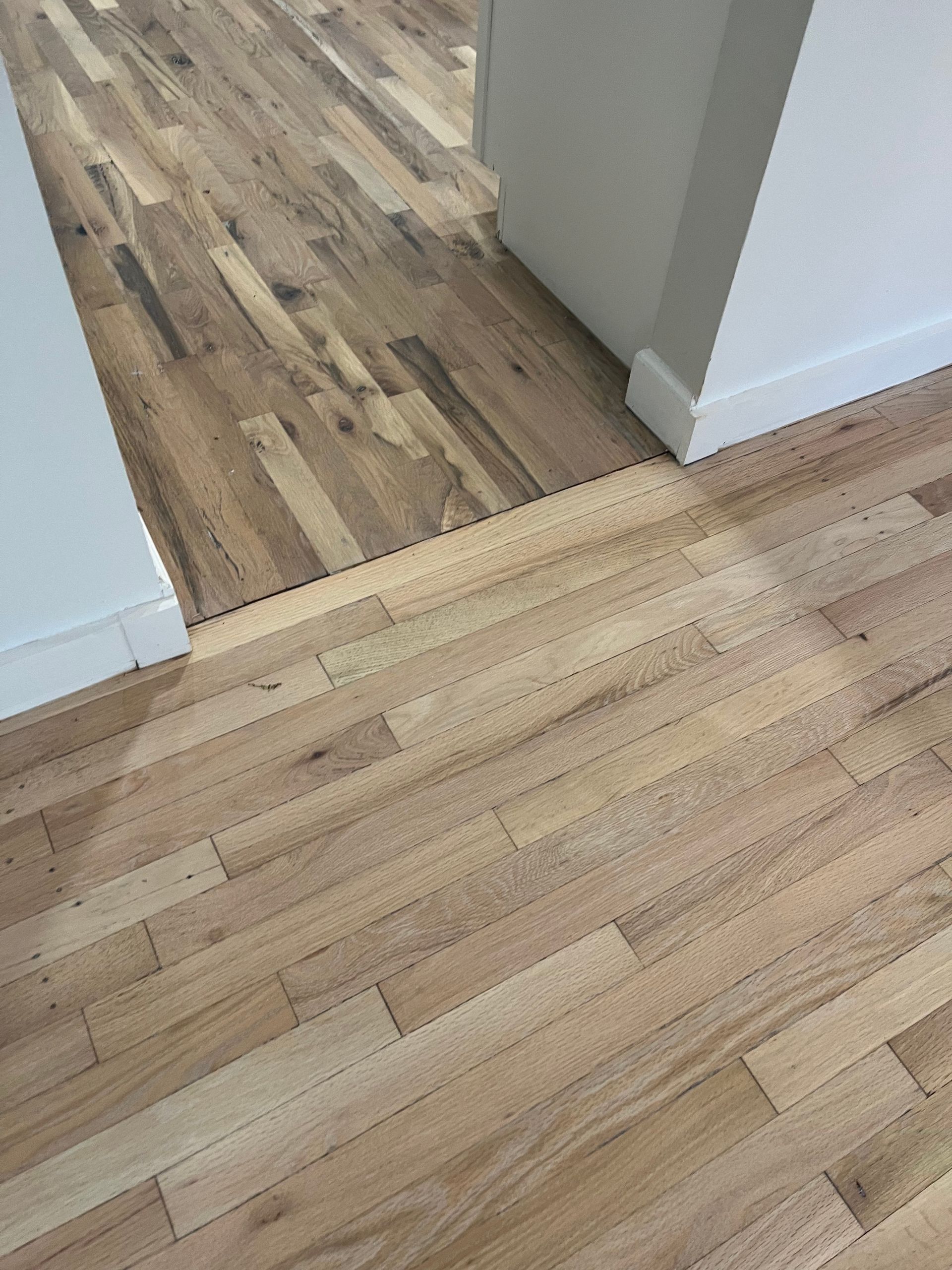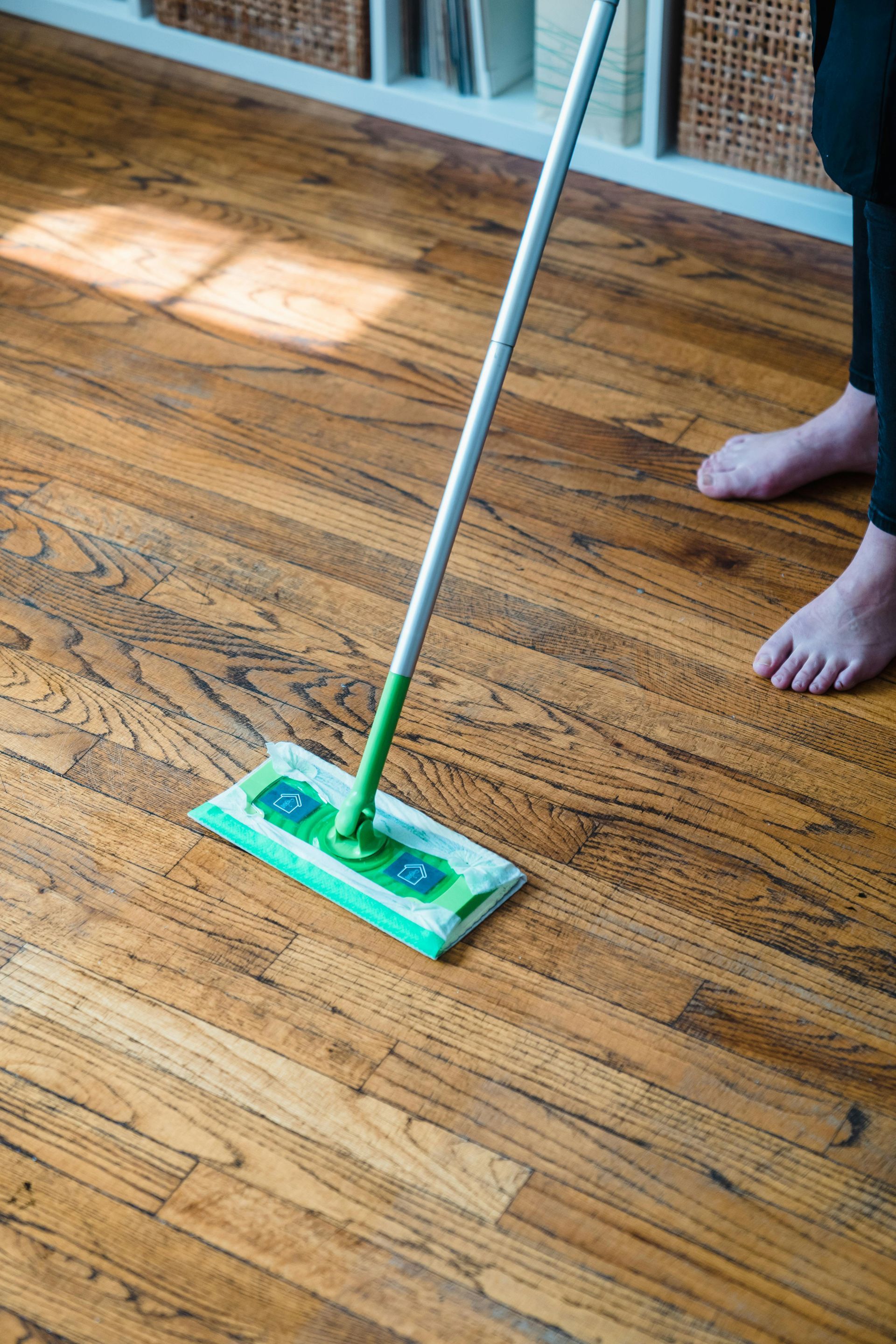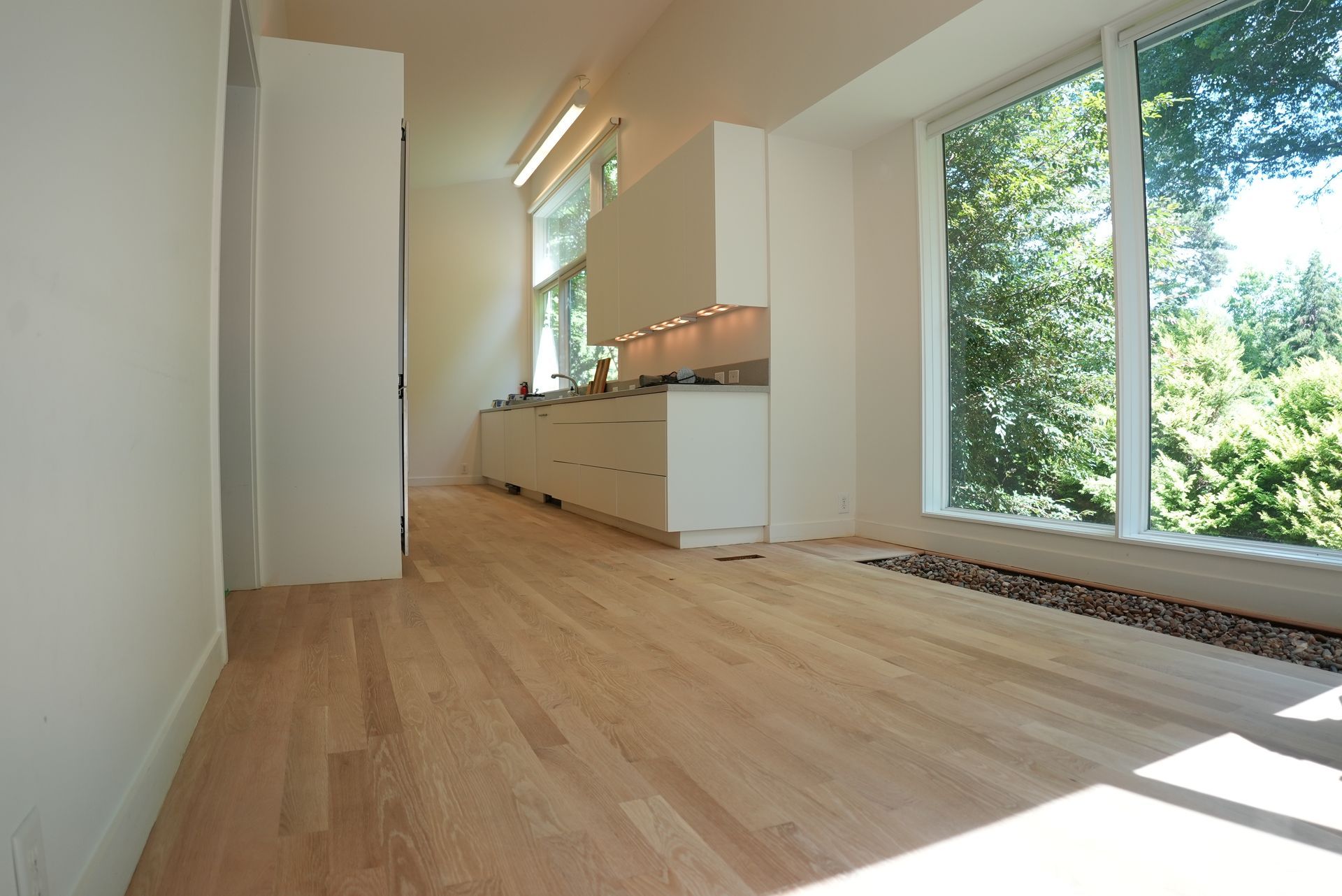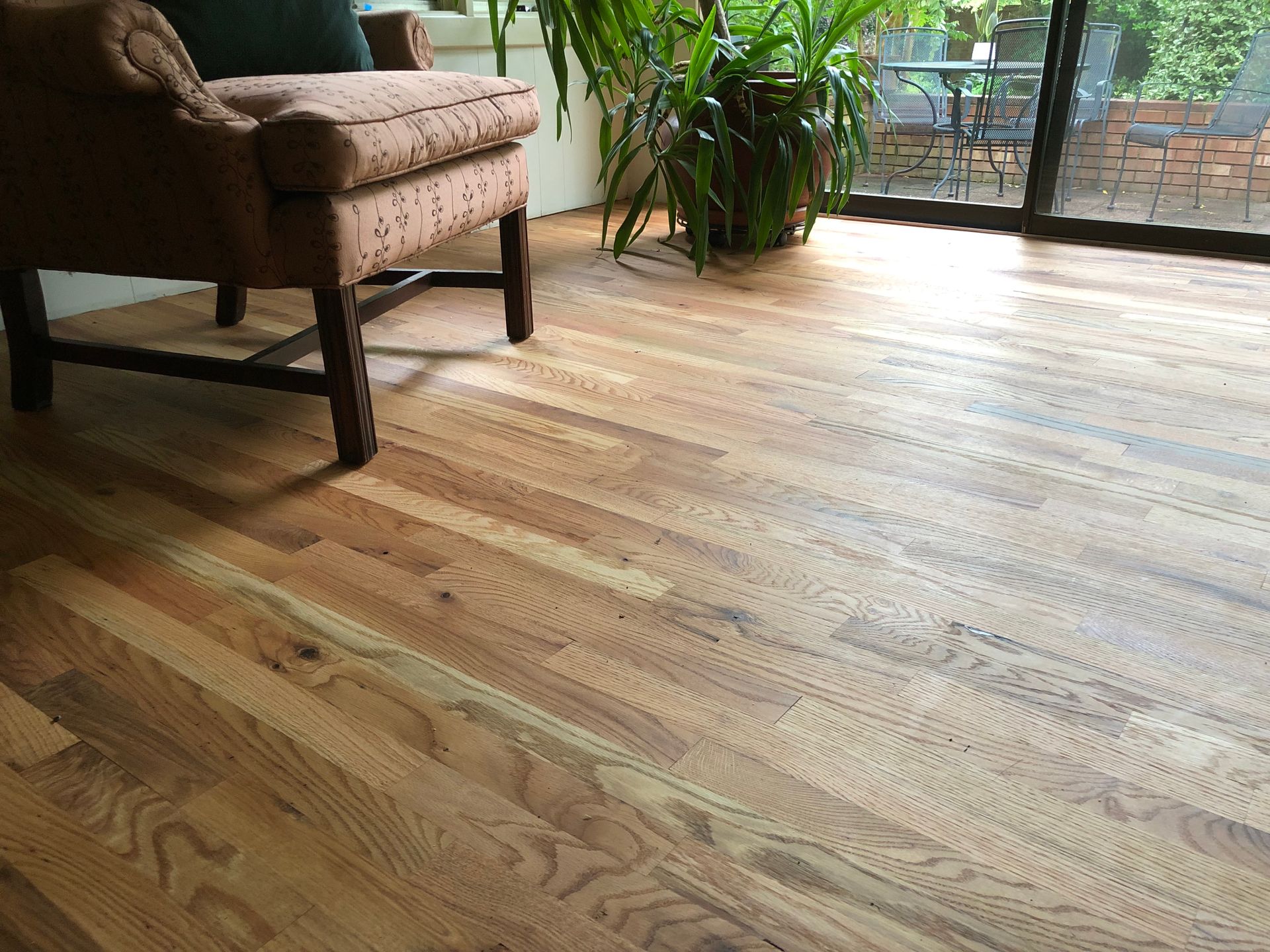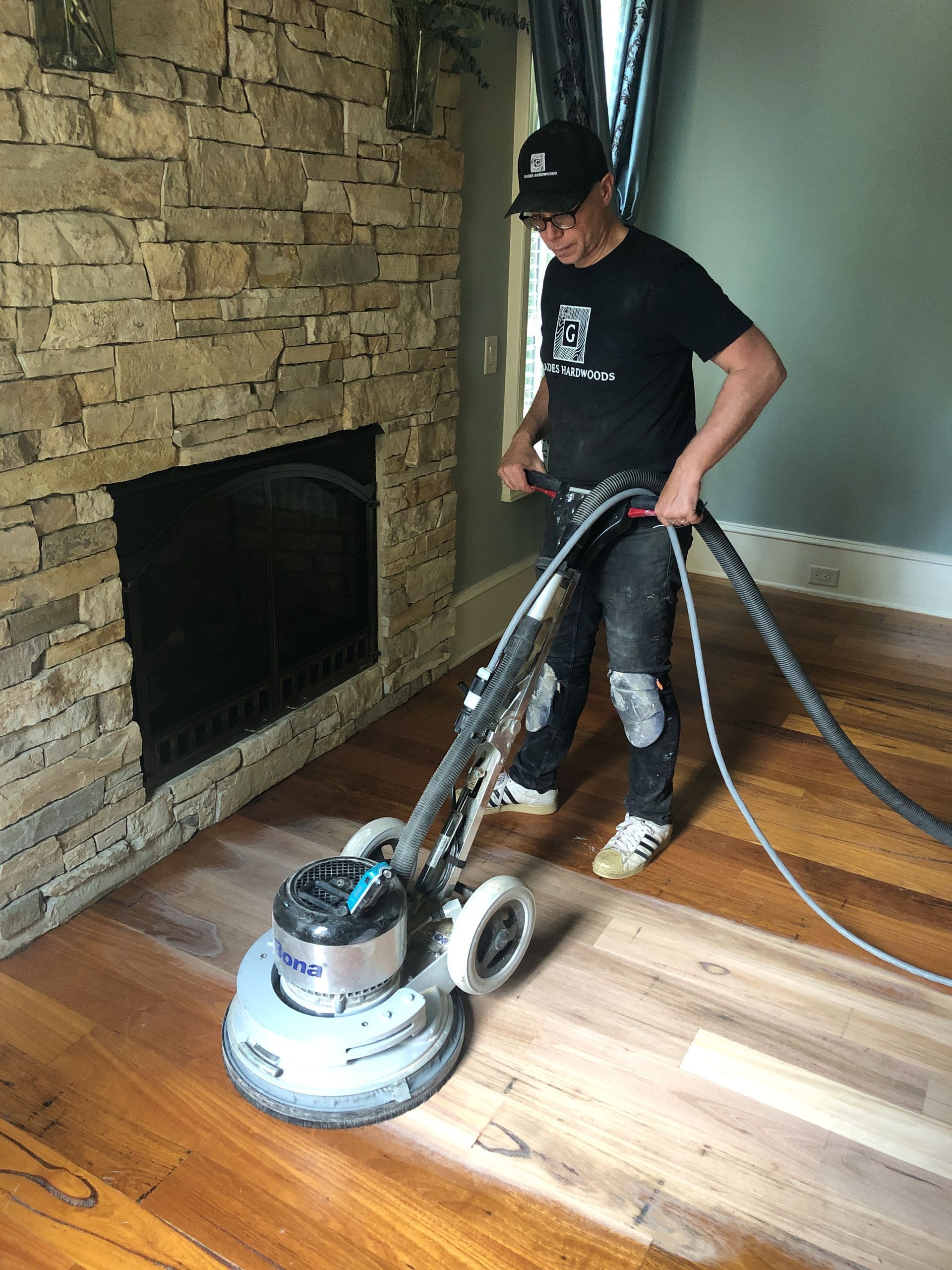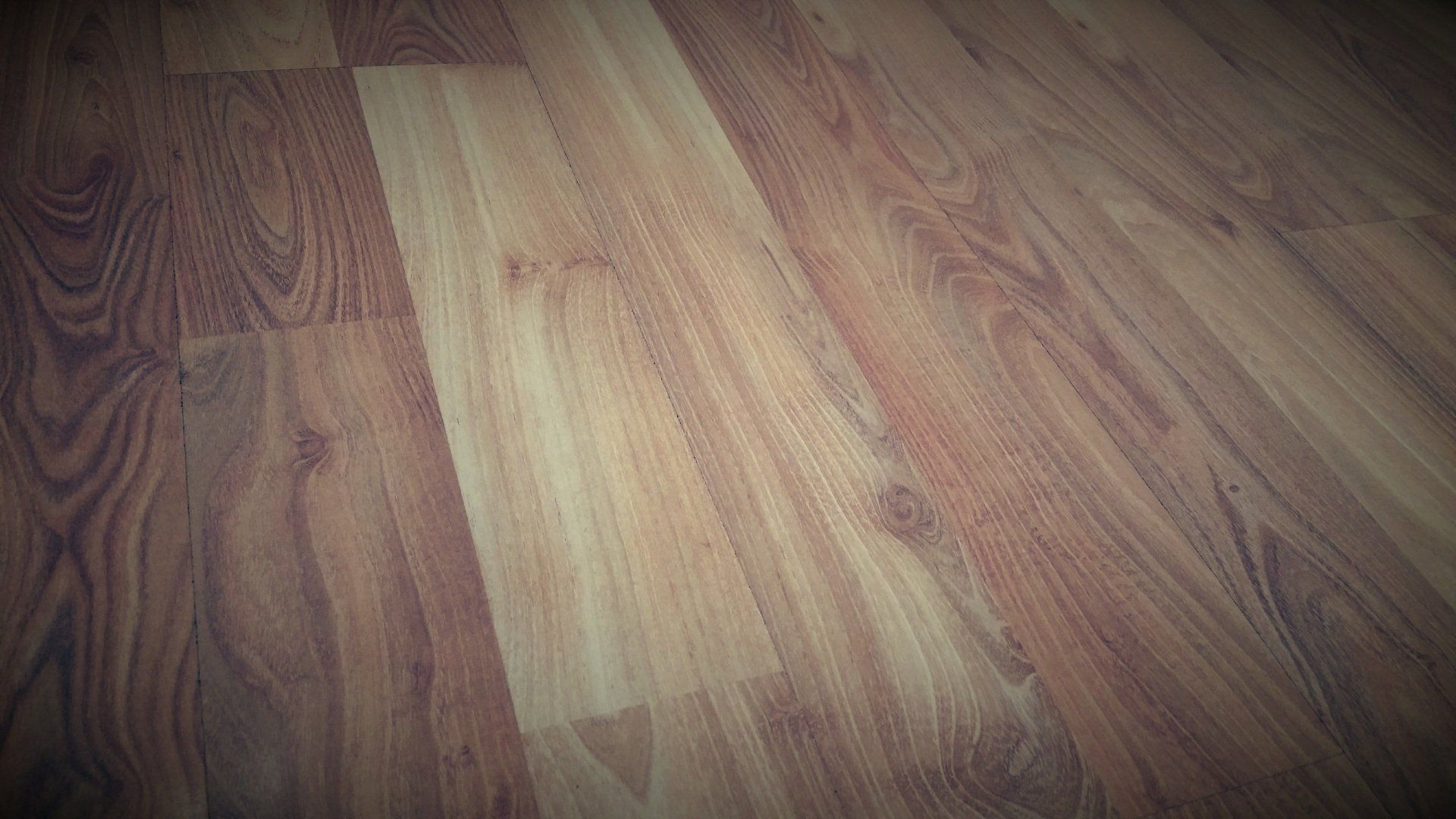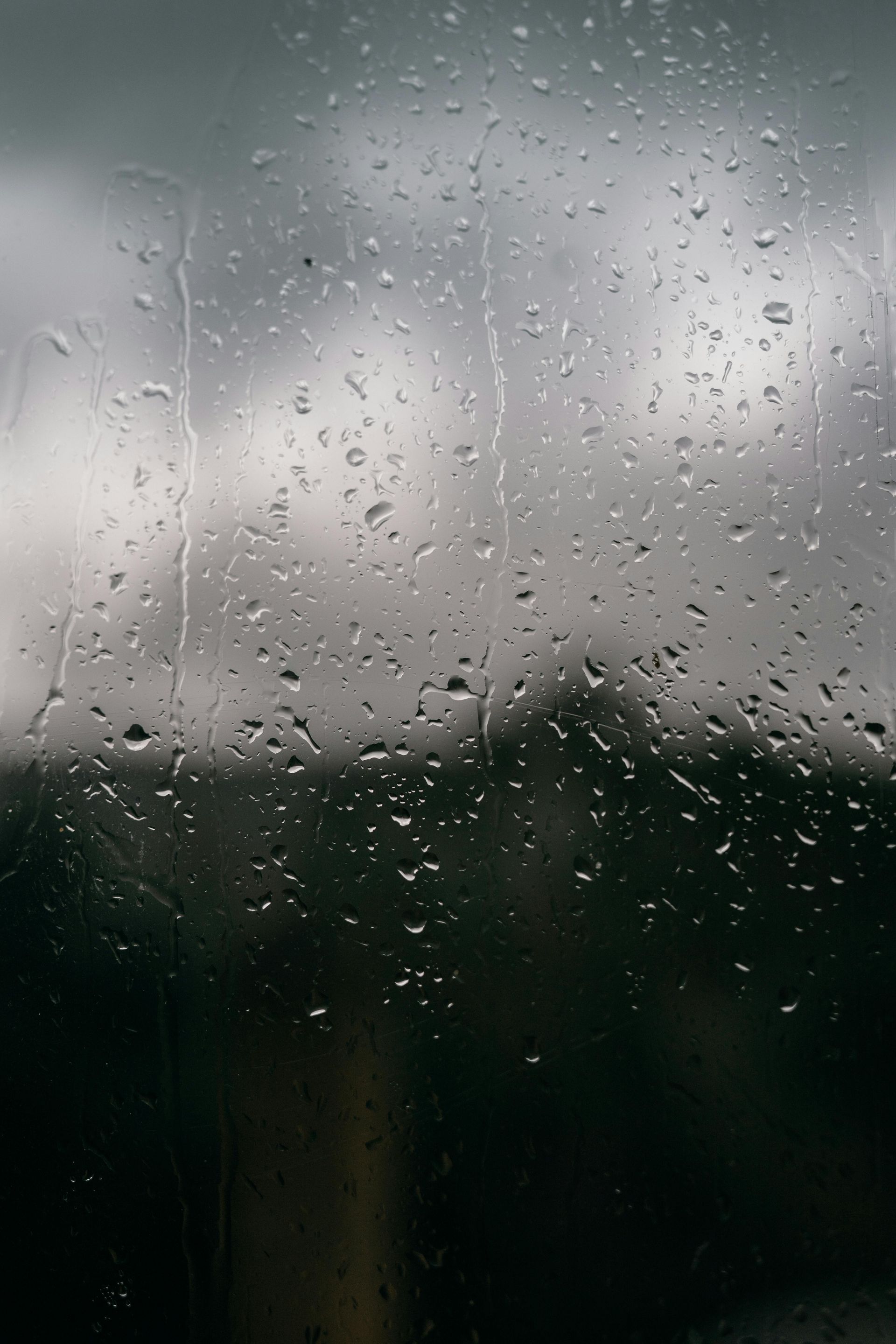What the Professionals Use to Clean Hardwood Floors: Expert Tools and Techniques
Maintaining their beauty and durability.
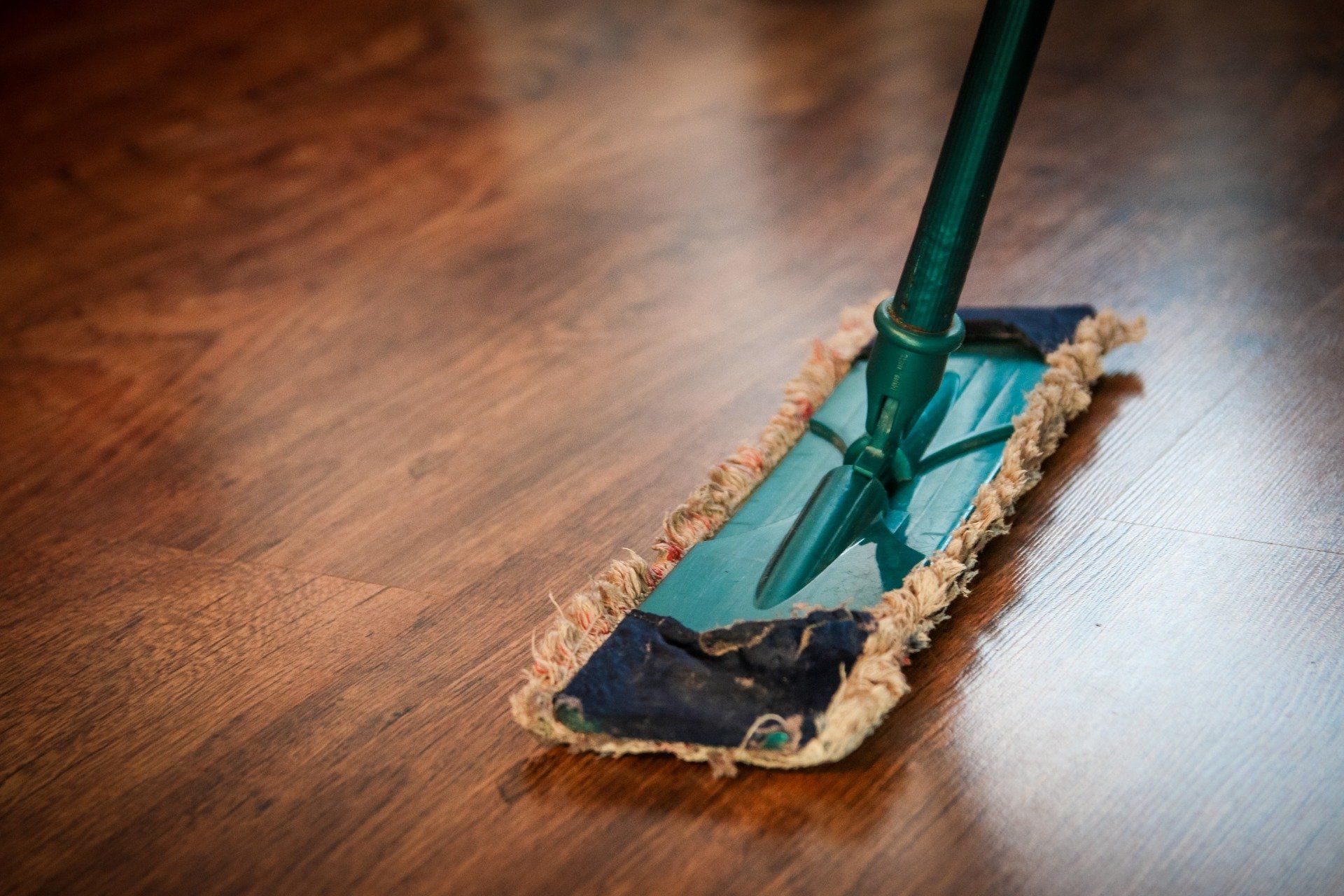
What the Professionals Use to Clean Hardwood Floors: Expert Tools and Techniques
Hardwood floors bring a timeless elegance and warmth to any home, but they also require special care to maintain their beauty and durability. Whether your floors are newly installed, refinished, or time-worn, keeping them clean is essential to preserving their condition. Homeowners often ask what the professionals use to clean hardwood floors, hoping to adopt the most effective methods and products for their own homes. In this article, we will explore the tools, techniques, and products that professional cleaners and floor care experts rely on, all while focusing on the unique requirements of hardwood flooring.
Understanding Hardwood Floors: Types and Finishes
Before diving into the cleaning techniques, it’s important to understand the various types of hardwood floors and their finishes. Different wood species and finishes can affect how the floor reacts to cleaning solutions and moisture.
- Solid Hardwood: Made from a single piece of wood, solid hardwood floors are durable and can be refinished multiple times. However, they are also susceptible to moisture damage if not properly cared for.
- Engineered Hardwood: This flooring consists of a hardwood veneer over layers of plywood, offering more resistance to moisture and humidity changes. It’s important to note that the surface layer is thinner than solid hardwood, limiting the number of times it can be refinished.
- Natural Oil Finishes: Floors finished with natural oils (e.g., Loba Impact Oil, Uno Coat) penetrate the wood and require special maintenance to keep the floor protected.
- Polyurethane Finishes: These finishes sit on top of the wood, providing a strong protective layer. They can be glossy or matte, and while easier to clean, they still need to be treated with care to avoid damage.
Professional Tools for Cleaning Hardwood Floors
Professionals know that the right tools are key to maintaining the integrity of hardwood floors. Below are some of the essential tools that expert floor cleaners use.
- Microfiber Mops: Microfiber mops are a favorite among professionals for their ability to attract dust and dirt without scratching the wood surface. They are gentle yet effective, making them ideal for both dry and wet mopping. Unlike traditional mops, microfiber holds onto dirt particles rather than pushing them around. This helps avoid scratching the surface of the hardwood, which is especially important for floors with delicate finishes.
- Vacuum Cleaners with Soft Brush Attachments: Vacuuming is an essential part of hardwood floor maintenance, but using the wrong vacuum cleaner can damage the floor’s finish. Professionals recommend using vacuums designed for hardwood floors, which typically include a soft brush attachment to prevent scratching. Vacuums are especially useful for removing debris and dirt from between floorboards, where a mop might not reach. Additionally, they are efficient for pet owners, as they can quickly lift pet hair that tends to accumulate on hardwood floors.
- Soft-Bristled Brooms: For quick and daily maintenance, a soft-bristled broom is another go-to tool. Professionals often sweep hardwood floors before any deeper cleaning to remove loose dust and debris. The soft bristles prevent damage to the wood while still being effective at picking up particles. Sweeping is particularly important in high-traffic areas where dirt can quickly accumulate.
- Buffer or Polisher: To maintain the shine of polyurethane-coated hardwood floors, professionals sometimes use a buffer or polisher. These machines are designed to give the floor a high-gloss finish while smoothing out minor scuffs and scratches. Buffers can be used with different pads for various levels of abrasion, allowing professionals to choose the right level of intensity based on the condition of the floor.
Professional Cleaning Solutions for Hardwood Floors
Cleaning solutions play a significant role in professional hardwood floor care. Professionals avoid harsh chemicals that could damage the wood or leave residue behind, instead opting for specially formulated cleaners.
- pH-Neutral Cleaners: Professionals typically use pH-neutral cleaners designed specifically for hardwood floors. These cleaners are gentle enough not to strip the finish or dry out the wood but still effective at removing dirt, grime, and spills. A popular choice among professionals is Procare Citrus Floor Cleaner, known for its water-based, residue-free formula. Another option is Loba Cleaner, which is particularly compatible with oiled floors like those finished with natural oils such as Loba Impact Oil.
- Natural Oil Soaps: For floors with a natural oil finish, professionals use oil-based soaps to clean and nourish the wood. These cleaners, such as Loba Oil Soap or Woca Natural Soap, are designed to replenish the natural oils in the wood while cleaning it. They also help maintain the floor’s water resistance, ensuring long-term protection. Professionals recommend avoiding water and traditional cleaners on oiled floors, as these can degrade the finish over time.
- Spot Cleaners for Stains: Accidents happen, and sometimes hardwood floors suffer from spills or stains. Professionals are prepared with spot cleaners designed to lift tough stains without damaging the finish. For example, if a polyurethane floor has been stained by a food spill, professionals might use a diluted vinegar solution or a specially formulated wood-safe cleaner to lift the stain. For oiled floors, they might use a specific stain remover like Loba Stain Remover, which is safe for natural oil finishes.
Professional Techniques for Cleaning Hardwood Floors
Along with the right tools and cleaning solutions, Grades Hardwoods employ specific techniques to keep hardwood floors looking their best.
- Dry Mopping Before Wet Cleaning: One of the golden rules of hardwood floor care is to avoid letting water sit on the surface for too long, as it can warp or damage the wood. Therefore, professionals always start by dry mopping or vacuuming to remove loose debris before applying any liquid cleaner. This not only prevents scratches but also ensures that the cleaner is more effective.
- Using Minimal Water: When cleaning hardwood floors, professionals use a damp—not wet—mop. Excess water can seep into the wood, causing it to swell and possibly leading to long-term damage like warping or cupping. By using just enough moisture to lift dirt without soaking the wood, professionals can clean efficiently while protecting the floor.
- Polishing and Buffing: After cleaning, professionals may apply a polish or wax to give the floor a glossy finish and provide an extra layer of protection. This is particularly common for polyurethane-coated floors. For floors with natural oil finishes, we apply an oil refresher to replenish the oils that naturally wear away over time.
- Spot Cleaning High-Traffic Areas: Professionals know that certain areas of a home—like entryways, kitchens, or hallways—are more prone to wear and tear. These high-traffic areas may require more frequent cleaning and occasional touch-ups. Experts often spot clean these areas using microfiber cloths and a small amount of cleaning solution, targeting dirt and grime buildup without over-cleaning the entire floor.
Professional cleaners use a combination of high-quality tools, gentle yet effective cleaning solutions, and careful techniques to maintain the beauty and durability of hardwood floors. From microfiber mops and soft-bristled brooms to pH-neutral cleaners and natural oil soaps, the products used are specifically designed to protect hardwood from damage while keeping it clean and well-maintained.
By following the same practices that professionals use, homeowners can extend the life of their hardwood floors and enjoy their natural beauty for years to come. Remember, not all hardwood floors are the same—whether your floors have a natural oil finish or a polyurethane coating, understanding what products and techniques work best for your specific floor type is key to achieving the best results.

